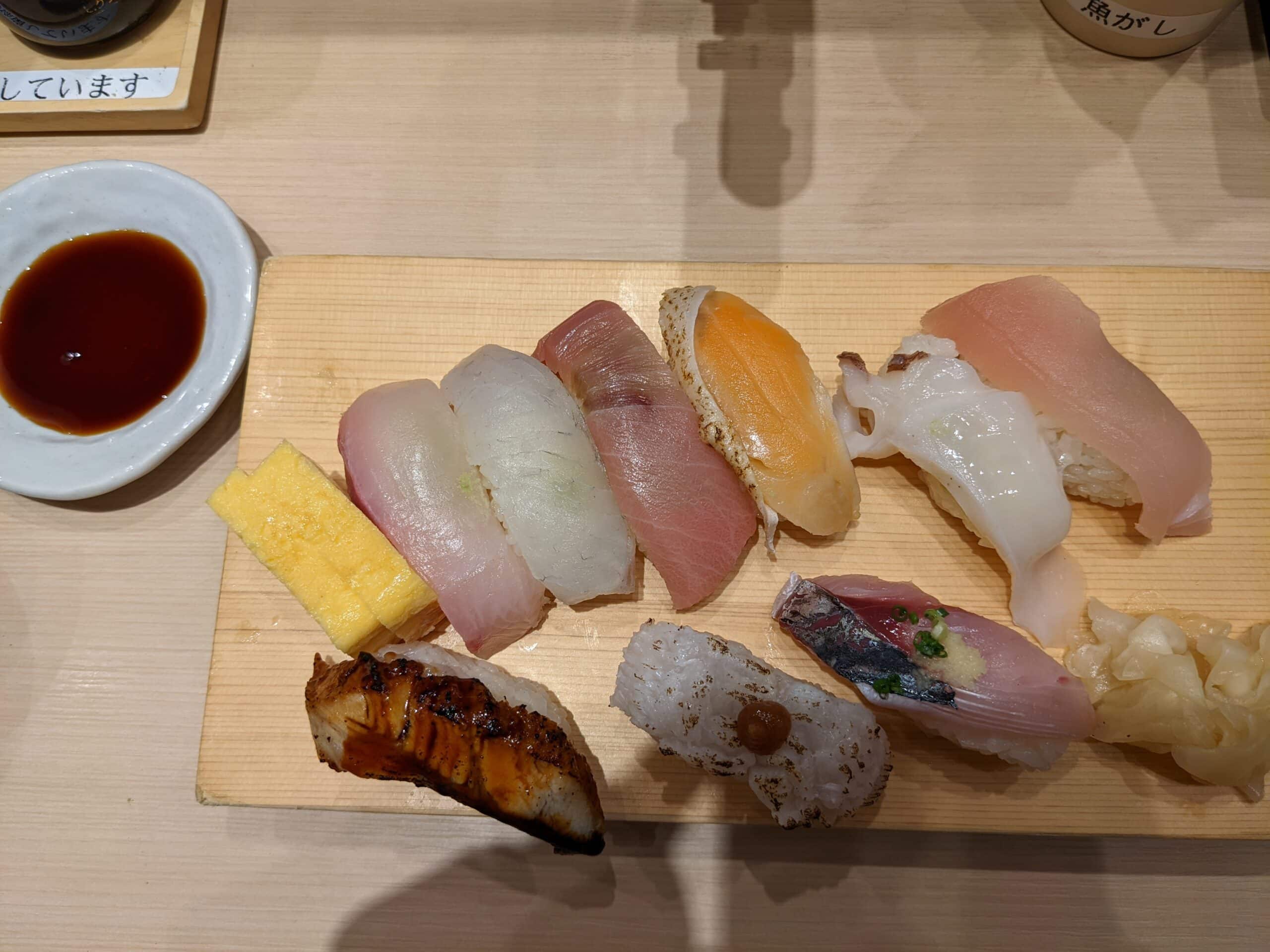

Sushi in Japan actually looks simple…
Food serves as a powerful medium for cultural exchange between civilizations, and Japan has been fortunate to share its vibrant culture and delectable cuisine with the world. When asked about the most popular Japanese food, sushi invariably comes to mind. This unique dish, combining cold, firm fish with soy sauce, vinegar, rice, and various other ingredients, is undeniably extraordinary and tantalizing.
While sushi has a long-standing tradition in Japan, it has transcended geographical boundaries and found its place on dinner tables worldwide. The distinct style and delightful flavors of sushi have propelled its global fame. It has gained immense popularity in countries such as the USA, UK, France, Germany, and many others. Japanese restaurants in these nations offer an array of Japanese cuisine, with sushi often taking center stage.
It is evident that sushi has forged a connection between people worldwide and Japan. It has become a symbol of cultural exchange, uniting hearts across different backgrounds through the shared appreciation of this culinary treasure. As sushi continues to captivate palates globally, it serves as a testament to the power of food in fostering cultural understanding and appreciation.
Learn About Japanese Food/Drinks
History of Sushi
Sushi, a culinary delight that has captivated taste buds worldwide, actually has its roots tracing back for millennia to the rice fields of Asia—specifically China. This revelation may come as a surprise to many, as the common belief is that sushi originated solely in Japan. However, the history of sushi is more nuanced than meets the eye. While Japan has undeniably become the global sushi capital, it was China that laid the foundation for this beloved dish with a preparation called “narezushi.”
Narezushi, the precursor to sushi, emerged in ancient China as a method of preserving fish by fermenting it with rice. Over time, this culinary tradition made its way across the seas to Japan, where it underwent transformation and evolution. The Japanese modified the technique, substituting fermentation with a process known as “nigiri-zushi,” which involved combining vinegared rice with fresh fish.
Japan’s innovative take on this Chinese dish propelled sushi to new heights of popularity. Today, sushi has become synonymous with Japanese cuisine, representing a harmonious blend of flavors, textures, and aesthetics. It has transcended borders, delighting food enthusiasts in all corners of the globe and serving as a testament to the enduring legacy of cultural exchange through food.
While Japan may have become synonymous with sushi, recognizing its Chinese origins allows us to appreciate the interconnectedness of culinary traditions and the way cultures influence one another. Sushi stands as a symbol of the fusion and evolution of culinary practices over time, enriching the global culinary landscape and fostering cultural appreciation and understanding.
All You Can Eat Sushi Lunch

All You Can Eat Sushi Dinner
